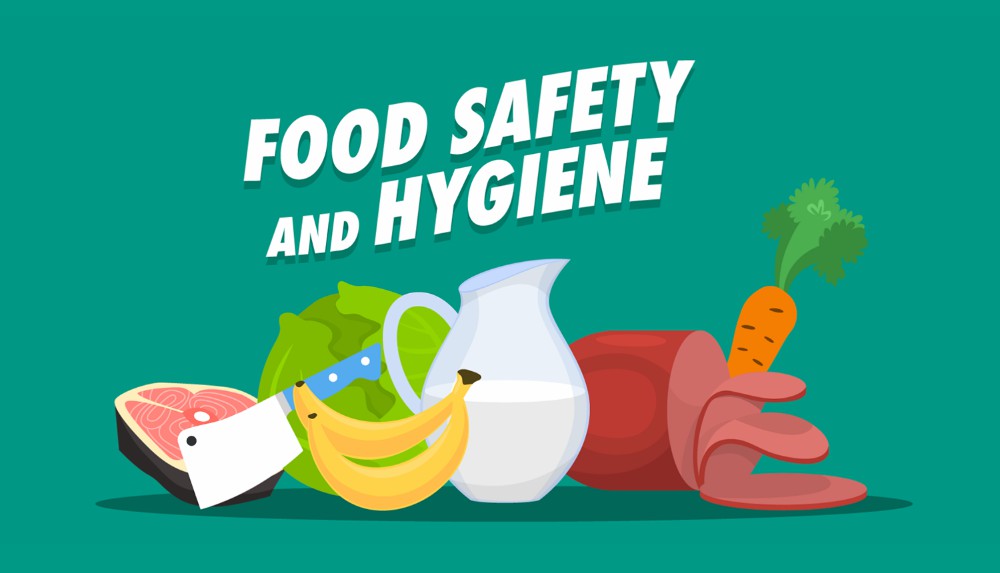


 349,500 Offered Certificates
349,500 Offered Certificates
 24/7 Online Training
24/7 Online Training
 Money Back Guarantee
Money Back Guarantee
 Fully Accredited Courses
Fully Accredited Courses

Created at: 26-02-2025 12:03
In the dynamic world of food service and manufacturing, ensuring the safety of food products is paramount. Hazard Analysis Critical Control Point (HACCP) training serves as a crucial component in helping food businesses across Ireland meet compliance standards while protecting consumer health. This article delves into why HACCP training is vital for food safety compliance, particularly in major cities like Dublin, Cork, Galway, Limerick, Waterford, and Belfast.
HACCP stands for Hazard Analysis Critical Control Points, a systematic approach to food safety that focuses on identifying, evaluating, and controlling hazards related to food safety. This method is recognized globally for helping organizations comply with food safety regulations and minimize the risk of foodborne illnesses.
Food businesses in Ireland are required to abide by food safety laws set forth by the Food Safety Authority of Ireland (FSAI) and comply with EU standards. HACCP training provides essential knowledge of these regulations, ensuring that businesses operate within the law and avoid hefty penalties.
Foodborne illnesses pose a significant health risk. Effective HACCP training equips food safety managers and staff with the skills to identify potential hazards and implement control measures. This not only protects consumers but also safeguards the business's reputation.
Elevating hygiene standards is vital in serving safe food. HACCP training helps staff understand best practices, proper sanitation methods, and the importance of maintaining a clean environment, ensuring that their food-handling practices meet industry standards.
HACCP is built around seven core principles that drive the program's effectiveness:
Achieving HACCP certification is valuable for food businesses. Here’s a step-by-step guide:
To ensure ongoing compliance, food businesses should:
With various options available, businesses can choose between in-person and online HACCP training courses tailored for different knowledge levels, such as HACCP Level 1 and HACCP Level 2. Online HACCP training has become increasingly popular, offering flexible learning solutions that cater to busy schedules. Professionals in Dublin, Cork, Galway, Limerick, Waterford, and Belfast can access specialized courses designed for their specific industry needs.
In an increasingly competitive food industry, investing in HACCP training is not just beneficial—it's essential. By ensuring compliance with food safety regulations, preventing foodborne illnesses, and improving hygiene standards, businesses across Ireland can thrive. Don't wait until it's too late; enroll in HACCP training today and safeguard your customers—and your business!
Call to Action: Take the first step towards ensuring food safety and compliance for your business! Visit our HACCP training course page for more information on online courses and certification options.